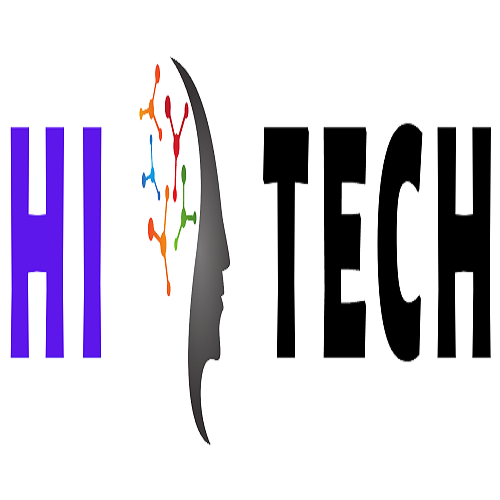Introduction:
In recent years, blockchain
technology has become increasingly popular due to its potential to
revolutionize the way we interact with each other and conduct business. At its
core, blockchain is a decentralized, secure and transparent ledger that records
transactions between parties without the need for intermediaries like banks or
government institutions. This article will explore the basics of blockchain
technology, its applications in various industries, its advantages and
disadvantages, and the challenges it faces as it continues to grow.
What is Blockchain Technology?
Blockchain technology is
essentially a digital ledger that records transactions in a decentralized and
secure manner. This means that instead of having a central authority like a
bank or government institution controlling the ledger, it is distributed across
a network of computers or nodes. Each node has a copy of the entire ledger and
verifies and validates transactions as they occur.
The ledger consists of blocks
of data that are linked together in a chain using cryptographic hashes. Each block
contains a timestamp, a unique hash, and the transaction data. The hash is a
unique digital fingerprint that identifies the block and ensures its integrity.
This means that if any data in a block is changed, the hash will no longer
match, and the block will become invalid.
Applications of Blockchain Technology:
In Finance:
In finance, blockchain
technology can be used to create secure and transparent payment systems,
improve transaction speed, reduce costs, and increase financial inclusion.
In Healthcare:
In healthcare, blockchain
technology can be used to securely store and share medical records, track drug
supply chains, and prevent fraud. In supply chain management, blockchain
technology can be used to track the movement of goods from production to consumption,
increase transparency, and reduce the risk of fraud.
In Voting Systems:
In voting systems, blockchain
technology can be used to create secure and transparent voting systems that are
resistant to fraud and hacking. By eliminating the need for intermediaries,
blockchain technology can reduce the potential for tampering and manipulation
of voting results.
In Energy Industry:
In the energy industry,
blockchain technology can be used to create a decentralized energy grid. This
would allow energy producers to sell energy directly to consumers, without the
need for intermediaries like energy companies. Blockchain technology can also
be used to create a system for tracking the production and consumption of
renewable energy, which could help to increase the use of renewable energy
sources like solar or wind power.
For example, blockchain
technology can be used to create a secure and transparent system for recording
property ownership and transferring property titles. This would help to reduce
fraud and errors in property records, and could make the process of buying and
selling property faster and more efficient.
In Supply Chain Industry:
In the supply chain industry,
blockchain technology can be used to create a more transparent and efficient
system for tracking the movement of goods from production to consumption. This
would help to reduce the risk of fraud or errors in supply chain records, and
could make the process of shipping and receiving goods faster and more
efficient.
Advantages of Blockchain Technology:
Since there is no central
authority controlling the ledger, it is more secure and transparent than
traditional systems. This means that transactions can be conducted faster and
more efficiently, and there is a reduced risk of fraud and manipulation.
Another advantage of blockchain
technology is its immutability. Once a block is added to the chain, it cannot
be changed, which ensures the integrity of the data. This makes it ideal for
use in industries where data security is critical, such as finance and
healthcare.
Benefits to Different Industries:
Specifically, blockchain
technology can offer several benefits to different industries. In the financial
industry, blockchain technology can reduce the time and cost of clearing and
settling transactions. Blockchain technology can also enable micropayments,
which can be particularly useful in industries like online gaming or digital
media. For example, blockchain technology can be used to create a secure and
decentralized system for buying and selling digital art, music, or other
intellectual property.
Disadvantages of Blockchain Technology:
Despite its many advantages,
blockchain technology also has some drawbacks. As the number of transactions on
the network grows, the size of the ledger increases, making it more difficult
for nodes to keep up with the demand.
Another challenge facing
blockchain technology is interoperability. Since there are many different
blockchain platforms, it can be difficult to transfer data between them. This
can limit the usefulness of blockchain technology in certain industries, such
as supply chain management.
Challenges Facing Blockchain Technology:
One of the main challenges
facing blockchain technology is regulatory compliance. Since blockchain
technology operates outside the traditional banking and financial systems, it
can be difficult to regulate. This can lead to legal and regulatory challenges,
which could limit its adoption in certain industries.
Another challenge facing
blockchain technology is the potential for hacking and cyberattacks. Since the
ledger is distributed across a network of nodes, it can be difficult to secure.
This means that hackers could potentially gain access to the network and
manipulate the data, which could have serious consequences for users.
Conclusion:
Blockchain technology has the
potential to revolutionize many industries by providing secure and transparent
transaction systems. By eliminating the need for intermediaries, blockchain
technology can reduce costs, increase efficiency, and improve trust between
parties. However, there are still many challenges facing blockchain technology,
including scalability, interoperability, regulatory compliance, and security.
Despite these challenges, many companies and organizations are investing in
blockchain technology and exploring its potential applications. As the
technology continues to develop, it will be interesting to see how it evolves
and transforms various industries in the future.









0 Comments